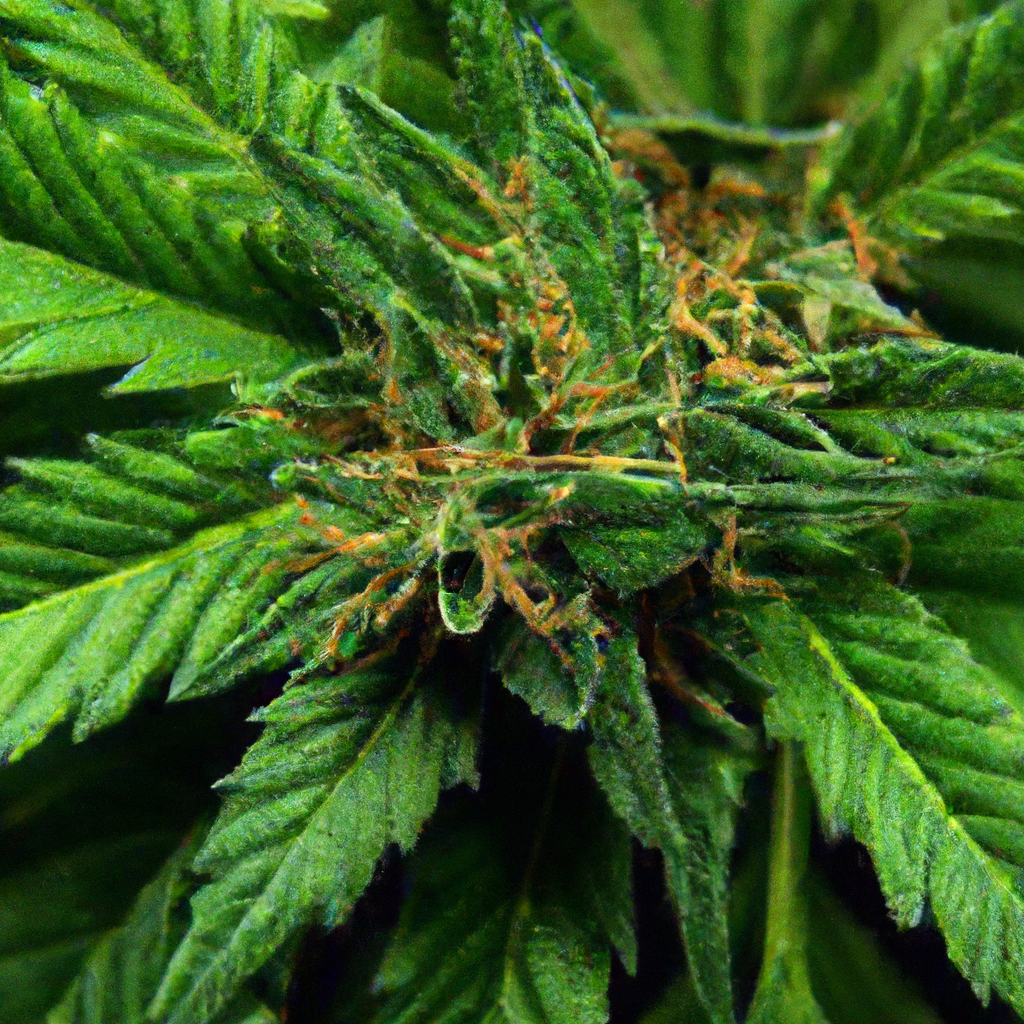Your cart is currently empty!
Embracing organic cannabis cultivation not only ensures a healthier crop but also has significant benefits for the environment and consumers. Organic methods eschew synthetic chemicals, focusing instead on building robust ecosystems through natural fertilizers, composting, and eco-friendly pest management. Let’s explore the best practices to cultivate organic cannabis sustainably.
Building a Healthy Soil Ecosystem
Soil health is the cornerstone of successful organic cannabis cultivation. Creating a thriving soil ecosystem involves enhancing soil structure and biodiversity, which can be achieved through the following practices:
- Composting: Utilize kitchen scraps and yard waste to create nutrient-rich compost. This natural fertilizer not only feeds the plants but also improves soil aeration and moisture retention.
- Beneficial Microbes: Enrich your soil with beneficial bacteria and fungi. Products like mycorrhizal fungi can form symbiotic relationships with plant roots, aiding nutrient uptake.
- Crop Rotation: Implementing crop rotation can prevent nutrient depletion and reduce pest build-up. Rotating cannabis with nitrogen-fixing plants, such as legumes, keeps the soil balanced.
Natural Fertilizers for Vibrant Growth
Organic fertilizers are imperative for growing cannabis without chemical interference. Some effective options include:
- Bone Meal: High in phosphorus, bone meal is essential for root development and flowering stages.
- Worm Castings: A humus-rich material that promotes plant growth and boosts soil health.
- Fish Emulsion: Offers a balanced supply of nitrogen and other macronutrients for vigorous growth.
Eco-Friendly Pest Control Methods
Protect your cannabis plants with natural pest control strategies that enhance plant resilience without harming the environment:
- Beneficial Insects: Introduce insects like ladybugs and predatory mites to control aphids and spider mites naturally.
- Companion Planting: Use plants such as marigolds and basil to deter pests and attract beneficial insects.
- Neem Oil: Derived from the neem tree, this organic oil acts as a natural pesticide and fungicide, effective against a variety of pests.
Promoting Sustainability in Cannabis Growing Operations
Sustainable practices not only preserve the environment but also ensure the long-term viability of your cultivation efforts:
- Water Management: Implement drip irrigation systems and rainwater harvesting to reduce water wastage.
- Energy Efficiency: Utilize renewable energy sources, such as solar panels, to power your growing operations.
- Carbon Sequestration: Use growing methods that enhance carbon capture in soils, contributing to the mitigation of climate change.
Conclusion
Organic cannabis cultivation is a sustainable choice that benefits both growers and consumers. By fostering healthy soil ecosystems, utilizing natural fertilizers, and employing eco-friendly pest control, cultivators can produce superior cannabis while protecting the planet. Embrace these practices to ensure a greener, more sustainable future for cannabis cultivation.
Discover more from Magic Clones
Subscribe to get the latest posts sent to your email.


Leave a Reply